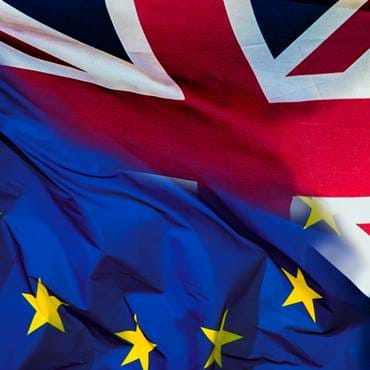If you have questions about travel after 29 March 2019, when the UK leaves the European Union, we are here to answer them and to reassure you that enjoying the world’s cultures, sights and flavours will continue to be accessible.
Will flights still operate as usual?
Regardless of the Brexit outcome, there will still be flights running between the UK and EU. Should a deal go ahead, there will be a transition period that means things will remain the same until December 2020. If there is a no-deal outcome, the European Commission has advised that UK airlines will still continue to operate flights between the UK and EU.
Will Brexit mean that my holiday gets cancelled?
If you book a holiday with a UK travel company or tour operator, your trip will be protected under Package Travel Regulations, which ensures you will be entitled to a full refund if your holiday can no longer run for any reason. However, there is nothing to suggest that travel plans would be changed or revoked post-Brexit.
Will I require a visa to travel to EU countries post-Brexit?
Visas should not be required to travel to the EU after Brexit. The only change is scheduled for 2021, when the European Commission has confirmed that UK citizens will need to a pay a fee of around £7 for visa exemption and this would be rolled out as part of a new electronic travel authorisation programme – similar to America’s ESTA initiative.
What about my passport?
After 29 March 2019:
- You should have at least 6 months left on your passport from your date of arrival. This applies to adult and child passports.
- If you renewed a passport before it expired, extra months may have been added to your new passport’s expiry date. Any extra months on your passport over 10 years may not count towards the 6 months that should be remaining for travel to most countries in Europe.
The new rules will apply to passports issued by the UK, Gibraltar, Guernsey, the Isle of Man and Jersey.
List of countries affected
The new rules will apply to travel both to and between countries in the Schengen area. These are:
- Austria
- Belgium
- Czech Republic
- Denmark
- Estonia
- Finland
- France
- Germany
- Greece
- Hungary
- Iceland
- Italy
- Latvia
- Liechtenstein
- Lithuania
- Luxembourg
- Malta
- Netherlands
- Norway
- Poland
- Portugal
- Slovakia
- Slovenia
- Spain
- Sweden
- Switzerland
Travel to other EU countries
The new rules do not apply when travelling to Ireland.
What about the European Health Insurance Card (EHIC)?
This card, which allows any citizen of the EU to access medical help while travelling in another EU country, will only become invalid in the result of a no-deal Brexit. The advice from ABTA is to always ensure you have appropriate travel insurance regardless of your possession of an EHIC card.
Will data roaming still be available to me?
At the moment, the cost of sending texts, making calls or using the internet on your phone is the same in both the UK and EU. If there is a no-deal Brexit outcome, this is likely to change and we would advise you to contact your service provider for further information.
 US
US
 GB
GB


